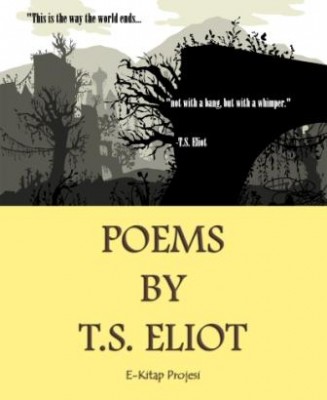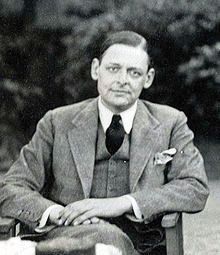His major later poems include Ash Wednesday (1930) and Four Quartets (1943); his books of literary and social criticism include The Sacred Wood (1920), The Use of Poetry and the Use of Criticism (1933), After Strange Gods (1934), and Notes Towards the Definition of Culture (1940). Eliot was also an important playwright, whose verse dramas include Murder in the Cathedral, The Family Reunion, and The Cocktail Party.
The Archive is delighted to present a significant amount of recorded material. 'Journey of the Magi' was written soon after his conversion to Anglicanism in 1927. It is a dramatic monologue of Browningesque ambition and subtlety and is therefore particularly suited to being read aloud. 'Four Quartets', Eliot's moving meditation on time and its relationship to the human condition, draws on his deep knowledge of mysticism and philosophy. In these extracts from 'East Coker' and 'Little Gidding' can be seen the interweaving of theme and motif which characterises the sequence as a whole and which gives 'Four Quartets' the dense aural patterning of music. The recording of 'The Waste Land' presented here is a particularly exciting find. It dates from 1935, a decade earlier than the well-known and much more widely available 1946 recording. Whilst the sound quality is understandably not so good, the recording is fascinating for Eliot's faster, more energetic rendition. Listening to this urgent interpretation blows the dust of this iconic poem and helps us encounter it afresh.
A Selected Bibliography:
Poetry
Prufrock and Other Observations (1917)
Poems (1919)
The Waste Land (1922)
Poems, 1909-1925 (1925)
Ash Wednesday (1930)
East Coker (1940)
Burnt Norton (1941)
The Dry Salvages (1941)
Four Quartets (1943)
The Complete Poems and Plays (1952)
Collected Poems (1962)




























